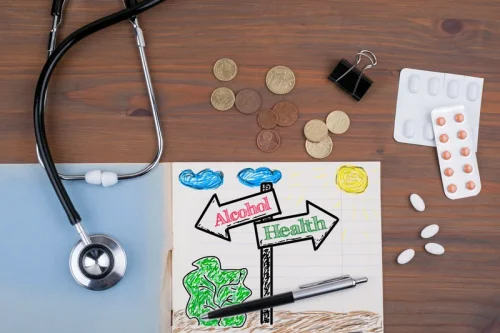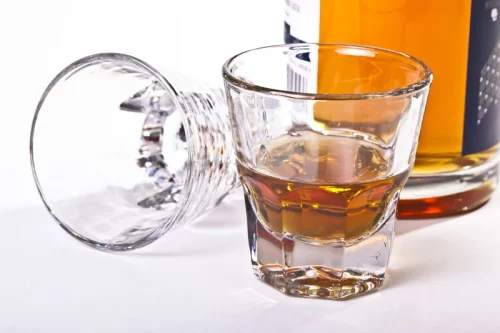Anticoagulant medicines

Some of the newer drugs, which work on more closely targeted aspects of the clotting process, don’t require as much testing because they cause less bleeding, says Granger. So when taking a blood thinner, you might notice increased bleeding from cuts or scrapes, more frequent or more intense nosebleeds, or heavier-than-normal periods. You also need to avoid activities and sports that could cause injury. If you would like to start a new activity that will increase the amount of exercise you get every day, talk to your doctor. The doctor needs to know about all your medicines, including medicines you used before you started taking a blood thinner. The most common side effect risk with any anticoagulant is bleeding.
Warnings for Eliquis

This will help them determine if Eliquis may be a safe treatment option for you. In some cases, they may recommend a different medication. If you have concerns about risk of spinal blood clots during Eliquis treatment, talk with your doctor or pharmacist. It’s also used to prevent blood clots and stroke in people with a certain kind of atrial fibrillation. When you take a blood thinner, follow the directions carefully.
- While blood thinners are effective at preventing blood clots, they are not without side effects.
- Call your doctor if you are unable to eat for several days, for whatever reason.
- Antiplatelets are medications that target the activation and aggregation of platelets.
- Combine alcohol use and anticoagulants and there is an increased risk of bleeding.
What are the mild side effects of Eliquis?
These help your blood cells bind together to make blood clots. Be careful about drinking if you’re taking a blood thinner, such as warfarin (Coumadin). If it’s busy working on the alcohol instead of your blood thinner, the level of the drug in your blood will go up and raise your bleeding risk. Alcohol may interfere with the action of certain medications, including blood thinners. Doctors recommend that people taking warfarin or drugs containing acetylsalicylic acid limit their intake of alcohol. Occasional, moderate alcohol use should be safe for most people who are taking blood thinners.
- The Recovery Village Ridgefield is a premier addiction treatment center in Ridgefield, Washington, that offers detox, inpatient and outpatient programs for alcohol use disorders.
- Warfarin (Coumadin) is the most widely used blood thinner.
- The blood test helps your doctor decide how much medicine you need.
- Blood thinners may interact with alcohol as well as certain other medications, foods, and dietary supplements.
FAQs about the side effects of Eliquis
The liver produces this protein, which plays an important role in controlling blood flow and promoting blood clotting. Eliquis may not be right for you if you have certain medical conditions. Other factors may also affect whether Eliquis is a good treatment option for you. Your doctor will also monitor you for symptoms of blood clots after you have a spinal procedure.
Anticoagulant medicines

There are several risks related to mixing alcohol and blood thinners. Alcohol affects how well your blood clots, potentially negating the effects of the blood thinners or increasing them to a dangerous level. Further, alcohol can affect how long it takes for your body to process blood thinners.
- If a person has certain risk factors for clotting, such as physical trauma, blood thinners can help prevent serious complications.
- It is always a good idea to discuss your daily diet and eating habits with your provider at your appointments.
- If you have kidney problems, tell your doctor before starting Eliquis.

However, they can’t be taken with certain heart valve problems. But Granger says the risk of falling is not high enough that patients should steer away from blood thinners, especially newer blood thinners and alcohol drugs. Warfarin works by reducing the clotting effects of vitamin K, which is found in many green vegetables, including kale, broccoli, Brussels sprouts, and collard and mustard greens.
Can someone drink alcohol instead of taking a blood thinner?
For example, the NIAA advises that drinking alcohol while taking warfarin, which is a blood thinner, can have adverse effects. Moderate alcohol use is generally safe while taking most blood thinners. For healthy adults, doctors recommend limiting alcohol intake to a maximum of two drinks a day for males and one drink a day for females. Doctors warn people who are taking Aggrenox to moderate their alcohol consumption. Heavy drinking with these drugs increases the risk of stomach bleeding.
Can you drink orange juice while taking warfarin?

However, more research is necessary to determine whether alcohol use is directly responsible for these possible heart benefits. Therefore, people should always check with a doctor or pharmacist whether it is safe to drink alcohol with a particular blood thinner. Some people worry about bruising while taking blood thinners.
Risk of spinal blood clots from certain spinal procedures
“Coagulate” is a medical term that means “to clot.” These blood thinners prevent blood clots by increasing the amount of time it takes your blood to clot. Anticoagulants come in many different forms, including injections, intravenous (IV) drugs, and medications you take by mouth. They often treat and prevent life-threatening conditions that can happen because of blood clots, like strokes, heart attacks and pulmonary embolisms.
MEDICAL ENCYCLOPEDIA
The treatment of alcohol dependency involves a variety of different methods. A combination of medical advice from a health care provider, social, and family support is also essential. When the body’s ability to clot is reduced internal vessels may begin bleeding inside the body.

